Pranil Chandra February 12, 2024
Speak to a Print Expert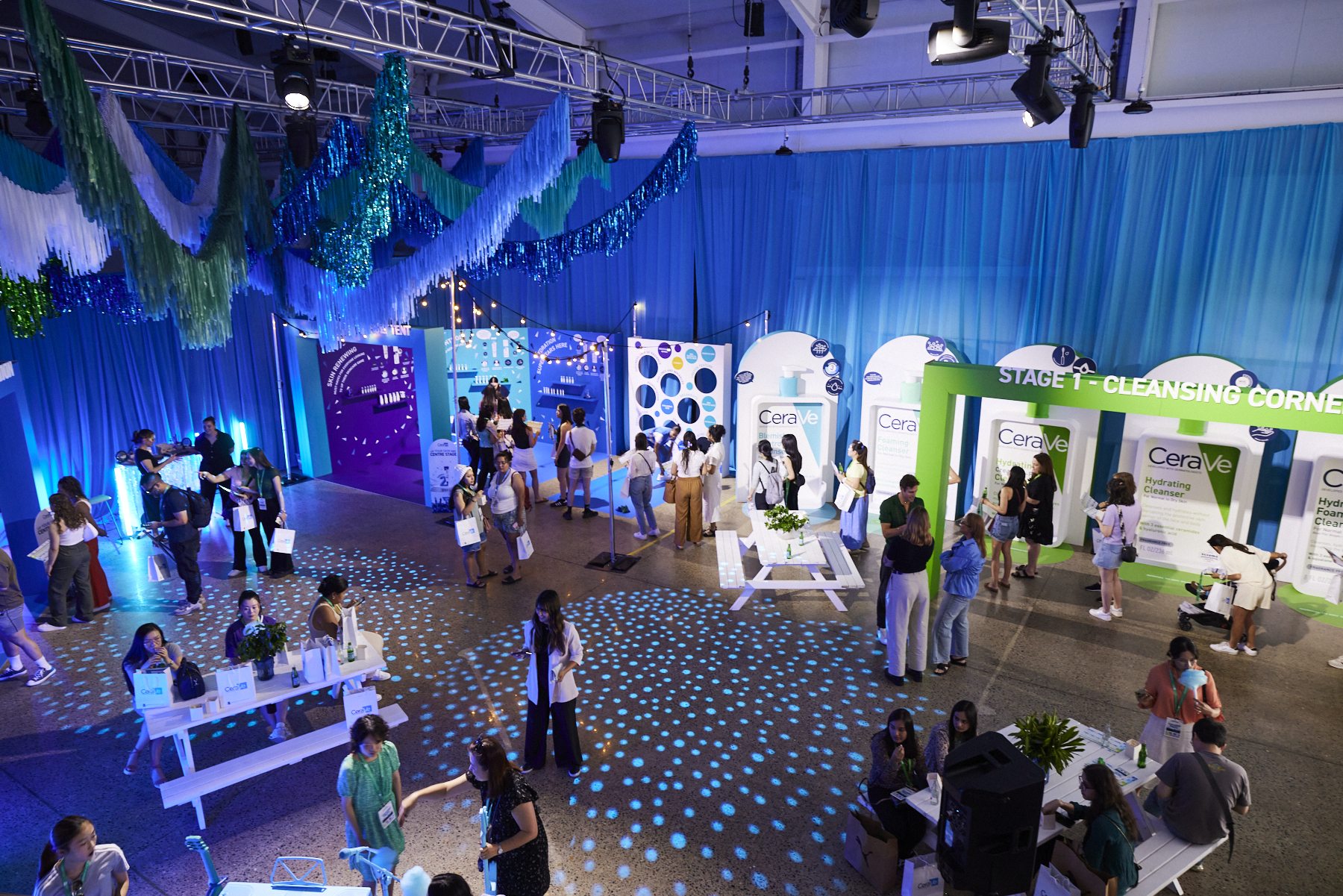
Modern consumers are making conscious choices when it comes to their purchases, with environmental impact playing a significant role in their decision-making. Consumers values drive corporate responsivity and the growing shift towards sustainability – enter concise and impactful data to support sales efforts.
A recent study by 5W Public Relations uncovered that:

Consider it important to buy from brands that align with their values and ideologies.
As a result, major corporations are increasingly prioritising sustainability in the production process. For example, Unilever now promotes how its palm oil is sustainably sourced, even featuring a picture of the rainforest on products along with the tagline,

While such marketing initiatives aim to raise awareness about their products and overall business impact on the environment, this doesn’t always translate into sustainable options in events and pop-up builds - critical components of a modern marketing strategy.
One of the challenges facing brands is how to effectively communicate the eco-friendliness of their pop-up stores or activations without detracting from the products or services they are trying to sell or promote.
Businesses often address this issue by focusing on the sustainability benefits of their products or showcasing their corporate initiatives that positively impact the world. All the while, their customers may be completely unaware of how the pop-up stores or activations are far from eco-friendly, with most of the materials used to make them bound for landfills once their event is finished.
Transparency is key when communicating with consumers, and it’s not only what you say that matters but how you say it. Research conducted by Harvard Business Review has shown that the framing of persuasive messages is crucial. For instance, when consumers buy electronic goods and see the energy efficiency rating, they tend to focus more on the upfront price rather than the future energy savings, despite caring about the environment.
However, a retail chain successfully increased sales of their energy-efficient products from 12% to 48% by framing the energy savings as a “10-year dollar cost” on each item.
This approach resonated with consumers by presenting the information in a way they could easily understand – in dollars.
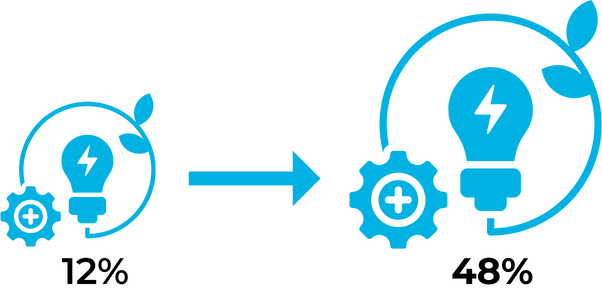
So, how can Next Printing equip its customers with effective messaging that doesn’t detract from the primary purpose of visiting their pop-up or activation?
By using factual, evidence-based data about sustainability and presenting it in a consumer-friendly way using messaging that’s:

To achieve this, Next Printing collaborated extensively with internal and external stakeholders, including experts in environmental studies, to conduct a comprehensive carbon study and life cycle assessment of the materials and production processes. This study analysed emissions at a job level and provided comparisons against more traditional methods of completing a project, along with the associated energy savings. This emissions data can then be converted into clear and simple messaging to use at a pop-up or activation stand – like in these examples:

Australia is committed to a carbon-zero future – reducing emissions to pre-2005 levels by the end of the decade and achieving net zero status by 2050*.
Ten years ago, NEXT made the decision to become a business that prioritised sustainability. It’s why eco-friendly solutions using Reboard and other biodegradable materials continue to be our core offering today, demonstrating an unwavering commitment to the environment that sets us apart.
Brands across all sectors are responsible for making a difference to the nation’s collective goal, implementing changes to lower emissions and shrink their carbon footprint. Traditional marketing materials are a great place to start making the switch – critical to the planet and a brand’s image.
And with millennials more focused on a brand’s values when making purchasing decisions – including their green initiatives – these changes are essential in achieving consumer buy-in.
NEXT Printing has completed several carbon studies for customers who now use recyclable materials and eco-friendly processes for their displays, producing a ‘cradle to grave’ sustainability comparison between Re-board and MDF based on their real-life marketing events.
This data provides a comprehensive understanding of the harmful effects of MDF at all stages, including its disposal to landfill post-event – the point at which the material does its most harm.
By showing the emissions comparison between sustainable materials and MDF, and how these carbon savings equate in the real world – a number of Ks a car travels, or a number of days used by an average household – customers can see clearly how their green initiatives are making a difference. For example, Adobe has seen carbon savings of almost 85% just by choosing Re-board for its marketing displays. And that’s a compelling sustainability story to present to consumers.

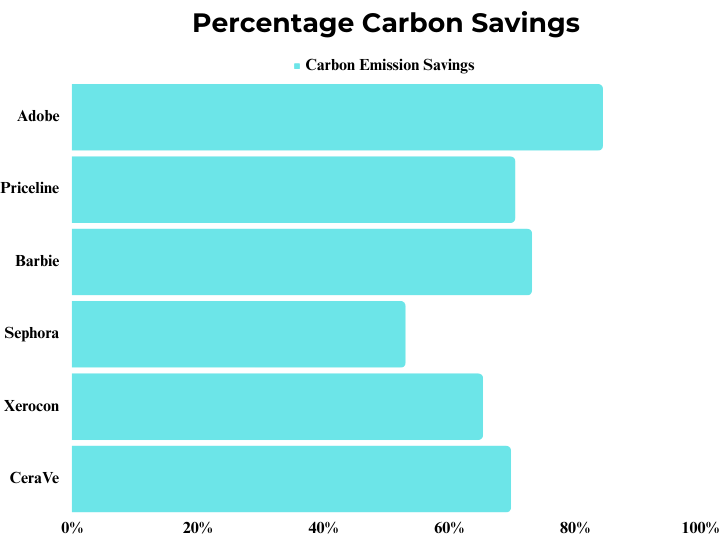
Using the data provided by NEXT Printing to back up their sustainability claims, our customers can now go one step further and produce relatable and persuasive messaging around it that’s concise, digestible and informative – like in these examples:
 |  | 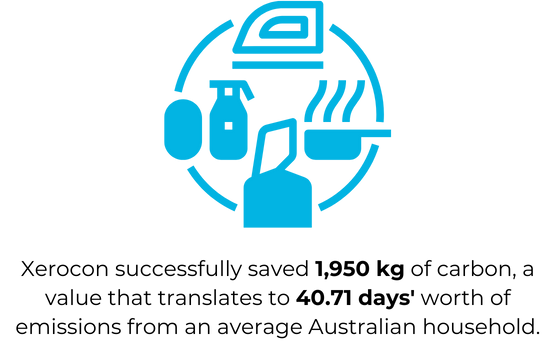 |
| Adobe is a global leader in cloud-based software programs its users access by a laptop or PC. Their efforts to use eco-friendly materials led to substantial carbon savings and reduced emissions equivalent to 2745.47 km of car travel. | Valiant is a national furniture and styling specialist for homes, events, and workplace interiors. Valiant’s carbon savings amounted to 1158 kg, equivalent to 24.18 days of emissions for an average Australian household. | Xero is a New Zealand–based technology company that provides cloud-based accounting software for small businesses. Xerocon achieved a carbon savings of 1,950 kg, which is equivalent to 40.71 days of emissions for an average Australian household. |
| The message: “This display is made from 100% recyclable Re-board and reduces emissions equivalent to 2745kms of car travel. That’s the same distance as placing 7,204 laptops* side by side from Sydney to Cairns!” | The message: “This stand is made from eco-friendly Re-board and helps us achieve carbon savings of 1158kgs. That’s equivalent to 24.18 days of emissions an average Australian household generates.” | The message: “Xerocon’s commitment to sustainability shines through in its choice of materials. The stands are crafted from eco-friendly Re-board, helping achieve a remarkable carbon savings of 1,950 kg which is equivalent to 40.71 days of emissions, the same amount as an average Australian household generates in over a month” |
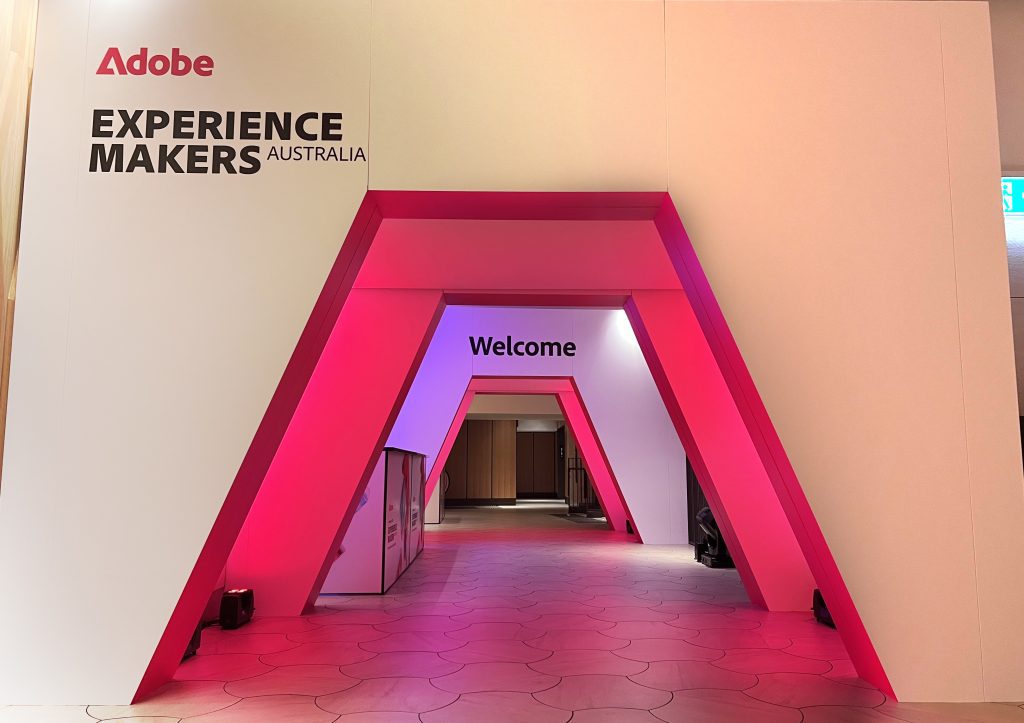
Agency: MCI
Carbon Savings: 637kg in CO2 Emission
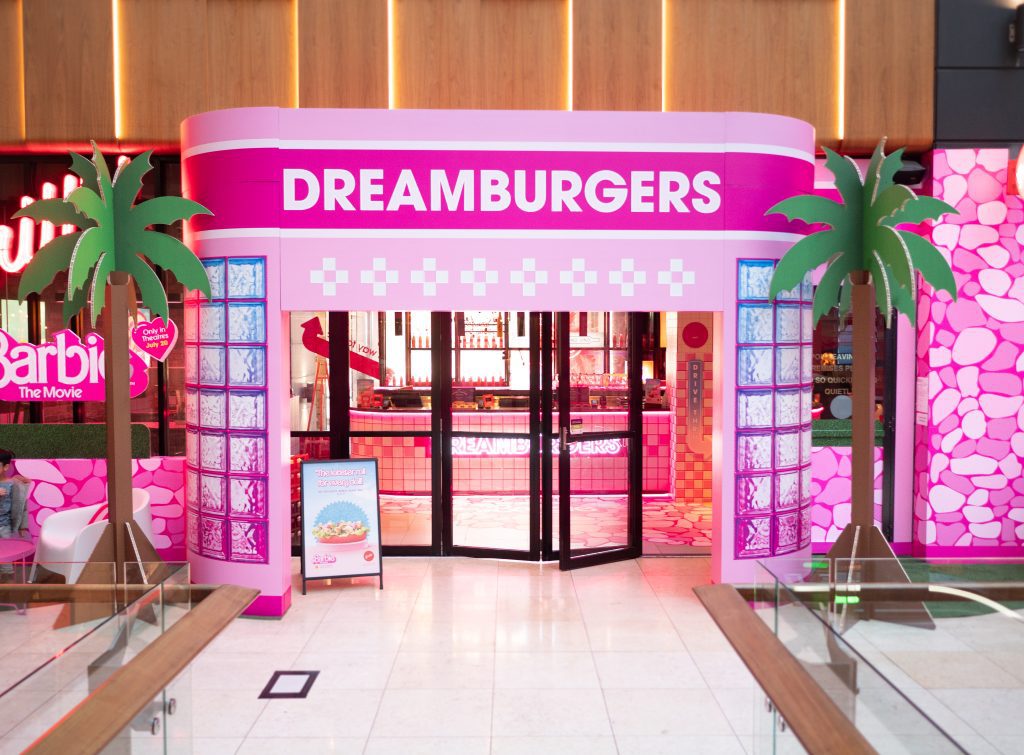
Agency: Bastion Experience
Carbon Savings: 1261kg in CO2 Emission
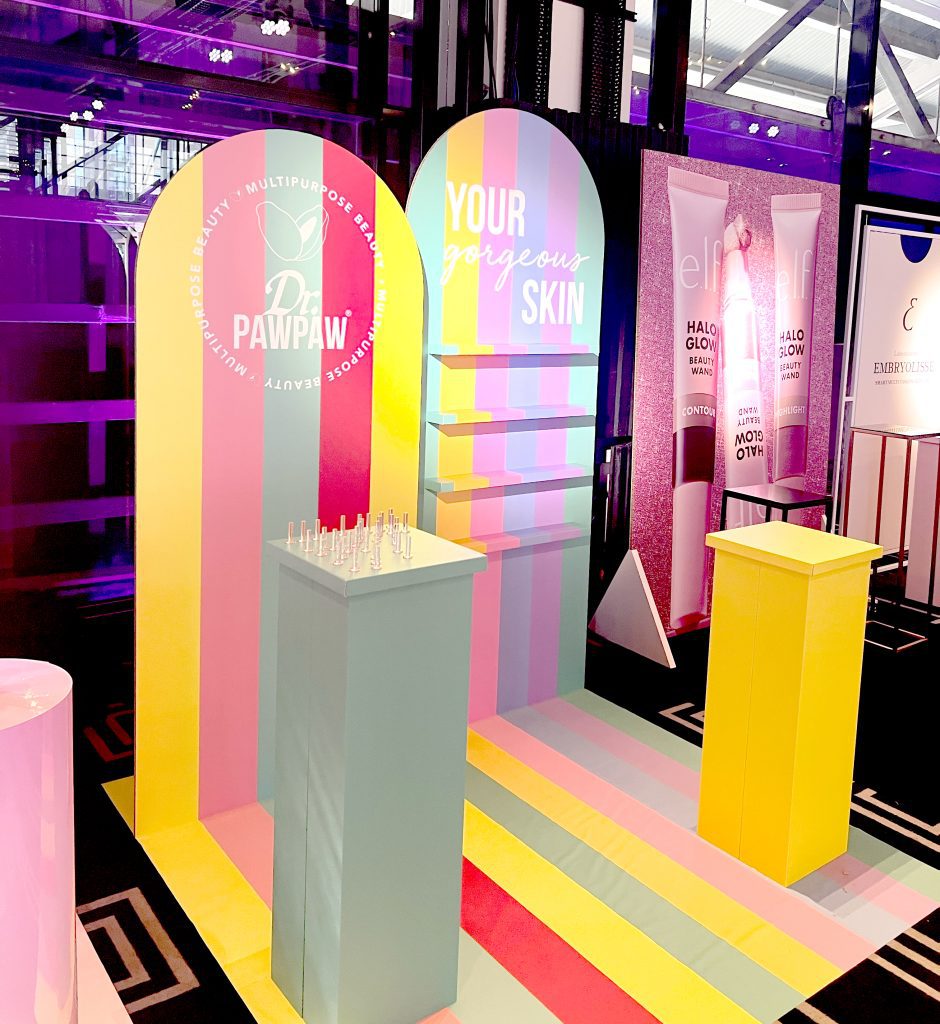
Agency: Priceline
Carbon Savings: 1158kg in CO2 Emission

Agency: Make Haus
Carbon Savings: 1040kg in CO2 Emission
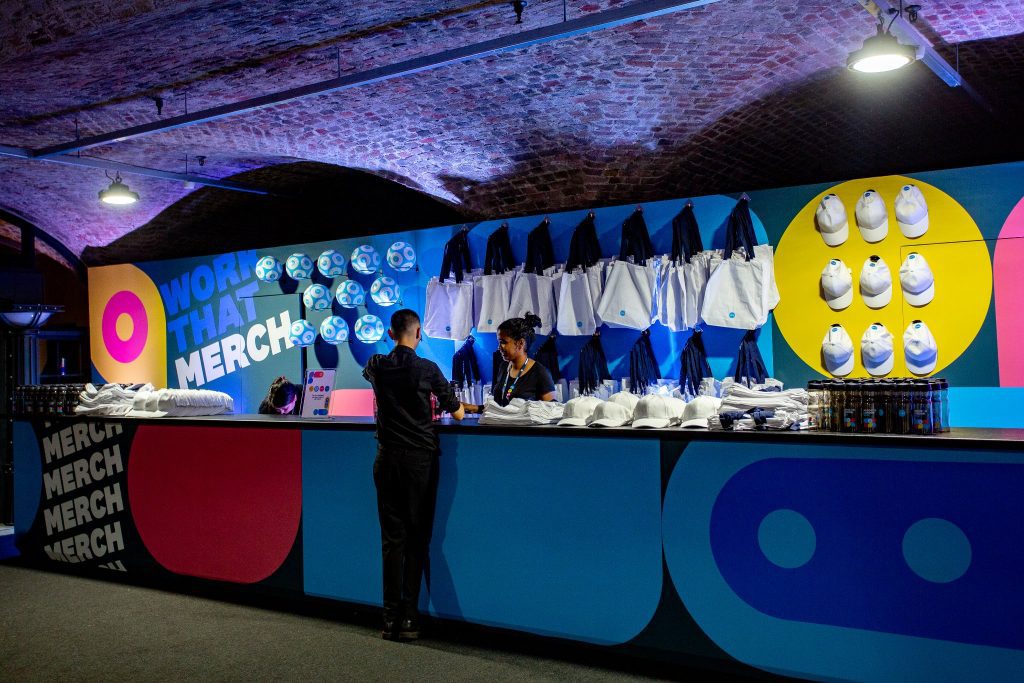
Agency: INVNT
Carbon Savings: 1950kg in CO2 Emission
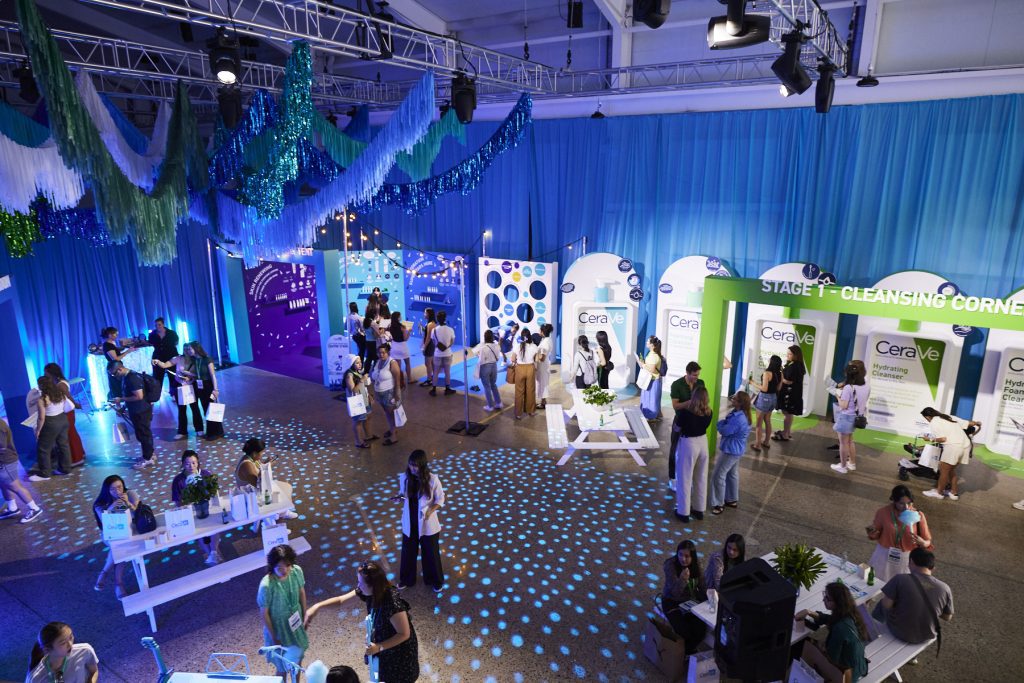
Agency: PIM Group
Carbon Savings: 1518kg in CO2 Emission
Aligning brand values with potential consumers has never been more critical. To win over committed long-term consumers, showing your green side matters – and how you do it matters more!
NEXT Printing goes beyond sustainable materials and production processes in its event displays, supporting customers with data and creative ideas to convey messages about sustainability convincingly and comprehensively.
Get started with sustainable printing today. Arrange a chat with our experts.
*Data taken from the Department of Climate Change, Energy, the Environment and Water website
Pranil Chandra April 5, 2024
Next Printing collaborated with Seeker Agency to create compelling and thought-provoking experience for its 1,200 clients of REA Group's. The events purpose was raising awareness and funding for charities committed to eradicating homelessness.
Read MorePranil Chandra March 20, 2024
Next Printing brought PIM Group's visions to life over two large back-to-back activations for CeraVe – their ‘Let Your Skin Take Centre Stage Event’ and the Tik Tok Awards (presented by CeraVe). To top this off, Next Printing provided informative, concise and relatable sustainability data to encourage our customers to go that one step further and think seriously about their carbon emissions.
Read MorePranil Chandra October 9, 2023
With leading brands from around the world attending The Retail Innovation Conference and Expo (RICE), Re-board Technologies, as a featured exhibitor, aimed to create a dynamic stand that showcased the full potential of re-board. As the global leader in all things Reboard, Next Printing was selected by Reboard Technologies in Sweden to design a stand that would captivate marketeers from renowned global brands like Nike, Amazon, Puma, Coach, and Google.
Read MoreWe'd love to send you innovative tips, news and offers from the world of print and marketing.
Client experience officers are available to answer any questions you have. Use the form below to quickly let us know what you need!